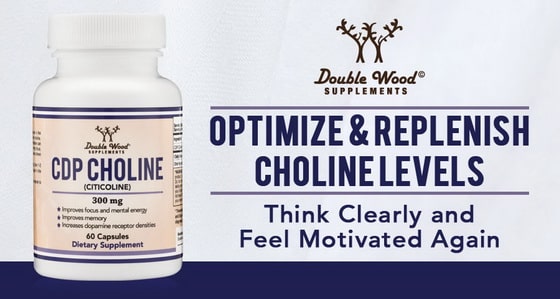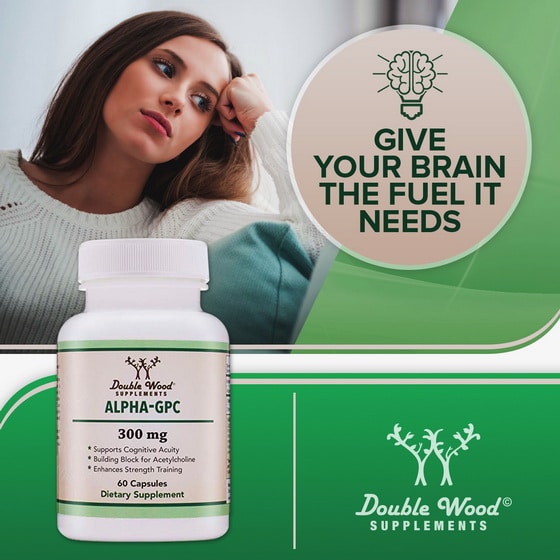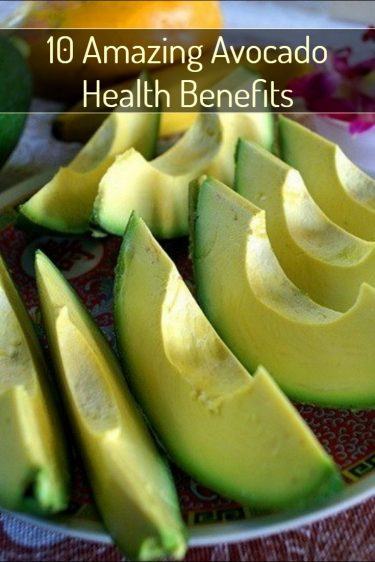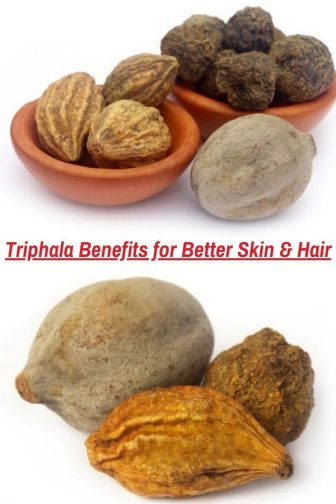Top 6 Pineapple Health Benefits
 Pineapple is surprisingly good for you with a potent and unique nutritional profile.
Pineapple is surprisingly good for you with a potent and unique nutritional profile.
Ahead are 6 pineapple benefits for improved digestion, arthritis treatment, better skin, more energy, disease prevention and even using pineapple for coughs and colds.
Also, find out when is the best time to eat pineapples and why. Plus the sugar content and glycemic index of pineapple versus their true glycemic load and why it matters if you want to lose weight.
Let’s start with one of the most important health benefits of eating pineapples — better digestion.
1. Pineapple for Digestion
Many people suffer from poor digestion, particularly of protein, and it’s a widespread health problem that leads to many diseases and an overall lower quality of life.
Undigested proteins in the digestive system can form compounds that are absorbed into the bloodstream, creating allergic reactions and stimulating an inflammation response. This can manifest in a variety of seemingly unrelated health problems such as tiredness, allergies, general muscle weakness and regular headaches.
Undigested proteins are also involved in forming uric acid crystals that cause gout and other forms of joint pain.
 Magnesium L Threonate (Magtein) | Highly Bioavailable Form for Healthy Sleep Habits and Improved Cognitive Function + Memory | 2,000 mg, 100 Capsules, Best Value
Magnesium L Threonate (Magtein) | Highly Bioavailable Form for Healthy Sleep Habits and Improved Cognitive Function + Memory | 2,000 mg, 100 Capsules, Best Value
All in all, it’s very important to make sure you’re digesting the protein in your meals properly, particularly if you’re regularly eating large amounts of low-quality protein, like burgers or meat-based processed foods.
Here’s where eating pineapples can be of benefit. Generally, it’s not a good idea to eat too much fruit after a heavy meal as it can interfere with digestion. Pineapples, however, contain a unique protein-digesting enzyme called bromelain.
Actually a collection of enzymes, bromelain cleaves the protein bonds making meat and other concentrated protein foods much easier to break down and digest. It’s so good at this job that it is used commercially as a meat tenderizer.
The most bromelain is found in the core of the pineapple so make sure that you eat that part too (it’s easier if you have a small part of it with the rest of the fruit rather than leaving it all to the end).
Putrefying protein in your digestive tract can lead to serious health problems. Unfortunately, hydrochloric acid production for protein digestion usually declines for most of us after the age of 35.
As we get older HCl production decreases even more and nutritional deficiencies can also impair protein breakdown. One of the best times then to enjoy a slice of pineapple, with its bromelain-rich core, is after a big protein meal.
While it’s advisable to cut down on meat-heavy processed meals, particularly as you get older, the health benefits of pineapple and its bromelain may help if you’re having problems digesting your protein.
Concentrated bromelain capsules sourced from pineapple cores and stems are also available. These are a low-cost and convenient way to improve your digestion if you don’t have fresh pineapple available.
Many people report not just improve digestive function, but also positive effects on a variety of seemingly unrelated health issues when they start taking bromelain regularly.
2. Arthritis, Sticky Blood and Cancer Prevention
Pineapple and its enzymes and other nutritional properties explored ahead have many extra health benefits beyond digestion. For instance, therapeutic doses of bromelain have been shown to have significant potential for pain relief for arthritis sufferers as this compilation of available studies demonstrated.
Bromelain also appears to stop blood palettes from sticking together and may be a useful treatment for those at an increased risk of dangerous blood clots.
Importantly, you should discuss taking bromelain supplements and large amounts of pineapple, like regular pineapple juice, with your doctor if you are currently taking blood thinning medication.
The benefits of pineapple and its bromelain even extend to treating cancer with the enzyme extensively studied as a therapeutic anti-cancer agent for various forms of the disease, especially breast cancer and colon cancer.
A review of the current scientific literature related to using bromelain to treat cancer concluded that: ‘Traditional and anecdotal clinical evidence suggests the bromelain could be an effective anticancer therapeutic agent…’
While bromelain supplementation was used in the studies to treat cancer, even the smaller amounts in a slice or two of fresh pineapple with the core may act as a natural cancer preventative, especially considering the next nutritional element that pineapples are so rich in — vitamin C.
3. Pineapple Antioxidant Benefits and Better Skin
Pineapple is an unusually high source of vitamin C, far higher than the much-touted oranges. Just one cup of fresh pineapple chunks contains more than 100% of the recommended daily intake of vitamin C (though many health authorities considered this to be set far too low and many of us would benefit from much more of it).
Your body’s main water-soluble antioxidant, vitamin C is on the front line of defending your cells against dangerous free radicals that can lead to cellular damage and potentially cancerous changes.
Free radical damage is widely considered a contributing factor in a variety of diseases, from cancer to asthma, arthritis to heart disease and many more serious inflammation disorders.
Getting a good daily amount of vitamin C into your diet is an important part of defending your body and its cells from free radicals and staying healthy.
The rich vitamin C content in pineapples makes them an easy and great tasting source of the nutrient. Here are some other good natural sources of vitamin C to make sure you’re eating regularly and top up your antioxidant defenses.
Another health benefit of pineapples and their vitamin C is an improvement in the quality of your skin. The collagen that glues your skin cells together is particularly reliant on adequate levels of vitamin C in your diet. Without it, your skin will be one of the first areas of your body to suffer, with poor skin tone the likely result.
Pineapples also contain carotenoids like beta-carotene for skin cell protection and significance amounts of the mineral copper for promoting elasticity in your skin.
4. Colds and Coughs
The combination of very high levels of vitamin C with anti-inflammatory bromelain makes pineapples a particularly effective treatment for coughs, colds and other respiratory problems.
While the positive benefits of vitamin C in reducing the severity and duration of colds and flu are well known, bromelain also has a role in reducing respiratory problems.
Enzymes in pineapples have been shown to reduce inflammation of the nasal cavity and help break up excessive mucus in the respiratory system. These effects can combat regular colds and coughs and may even be useful for treating more serious respiratory problems like bronchitis.
With so many health benefits, a slice of pineapple looks like a much better option than a glass of commercial orange juice if you’re trying to recover from a cold.
 CDP Choline (Citicoline) | Pharmaceutical Grade, Made in the USA | Improves Focus, Memory, Motivation and Mental Energy | Best Value + Free Delivery
CDP Choline (Citicoline) | Pharmaceutical Grade, Made in the USA | Improves Focus, Memory, Motivation and Mental Energy | Best Value + Free Delivery
5. Strengthening Bones
Aside from the good levels of copper already mentioned, pineapples are extremely high in the mineral manganese, with around three-quarters of the recommended daily intake of this valuable trace mineral per cup.
Manganese is needed by your body to build healthy bones and support connective tissue. It is particularly vital for growing children and teenagers and the elderly, whose bones are likely to be weakening as they get older.
6. Energy and Stress Reduction
The rich manganese content of pineapple is also of benefit for energy production. The trace mineral is an important cofactor needed for the creation of enzymes used in the production of energy within your body.
Pineapples health credentials also extend to stress reduction as they contain good levels of B vitamins, so vital for proper brain function and increasing your ability to deal with stress effectively.
The fruit is especially high in vitamin B1 thiamine (also needed for energy production) and vitamin B6 pyridoxine, both at over 10% of the RDI per cup. Folate and pantothenic acid are also well represented at around the 7% RDI per cup and smaller amounts of niacin, biotin and choline are also available when you eat pineapples for preventing B vitamin deficiency.
The Best Time to Eat Pineapple
Generally, you shouldn’t eat too much fruit after a meal as it can impair digestion. Pineapple, with its digestive bromelain, is a little different though.
There are many reports of a slice of pineapple after a meal helping with digestive problems, particularly if the meal contained a lot of protein. If you do want some fruit after a meal then pineapple is one of the best choices.
Most of the time, however, the best time to eat pineapple for its many health benefits is on its own on an empty stomach. You can have it as a delicious light breakfast or as a late afternoon snack for a much healthier sweet treat to keep you going until dinner.
If you’d like to get a good pineapple for breakfast or before dinner then this page has how to pick a good one and a trick to ripen a pineapple properly.
Pineapple Sugar Content and Glycemic Index
There are many health benefits of pineapple and this great tasting tropical fruit is one that most people would do well to eat more of. Whether it’s improved digestion, cancer protection, inflammation reduction, increased antioxidants, respiratory health, stronger bones, more energy and less stress or just better skin, there are lots of great reasons to be eating more pineapples.
However some will point to the relatively high natural sugar content in pineapple and this is a factor if you are trying to lose weight. With around 16 grams of sugars per cup, they aren’t exactly a low-carb food. Even here though pineapples continue to surprise.
Anyone who’s eaten a ripe pineapple can tell you how sweet it is and these natural sugars give the fruit a glycemic index of 59.
Importantly though, pineapples are also very high in fiber with their firm texture and bromelain-rich core. This actually means they have a total glycemic load (the real measurement of effect on blood sugar) of just 7 and are a far healthier choice than the vast majority of sweet foods you might have as a dessert.
If you are still worried about the sugar content of pineapples or would just like the convenience, these concentrated bromelain capsules are inexpensive and definitely worth taking just after a big protein meal if you can’t have fresh pineapple.
I’d encourage anyone to eat more of the fresh fruit regularly though and enjoy sweet and delicious pineapples guilt free, knowing just how good they are for you in so many different ways. If you have a juicer, freshly made pineapple juice is another very healthy way to enjoy it.
Please share the many health benefits of pineapple with your friends. It’s not often people find out that something that tastes so good can also be so good for them as well.
 Tired All the Time and Low on Energy? | Alpha-GPC Supports Cognitive Function, Memory, Motivation, Stamina and Strength | USA Made, Third-Party Tested. Lowest Price
Tired All the Time and Low on Energy? | Alpha-GPC Supports Cognitive Function, Memory, Motivation, Stamina and Strength | USA Made, Third-Party Tested. Lowest Price

As an Amazon Associate I may earn from qualifying purchases at no cost to the consumer | Information presented here is for educational purposes only. The content is not intended to be a substitute for professional advice. Statements made have not been evaluated by the FDA and are not intended to diagnose, cure, treat or prevent any condition. Consult your GP before making dietary changes or taking supplements.





